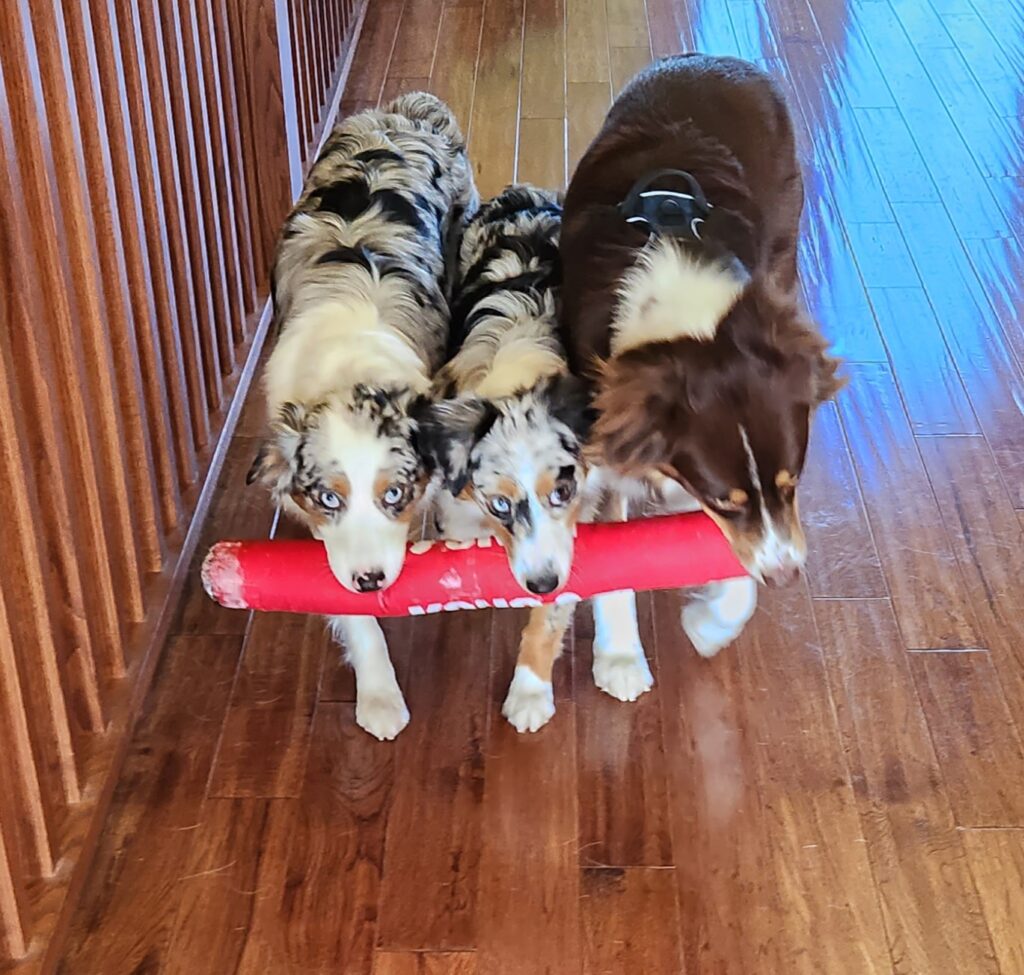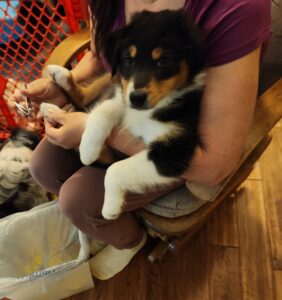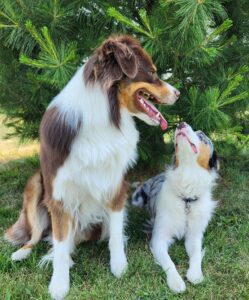The rule of three serves as a helpful framework for guiding your puppy through the adjustment phases of their new environment. This principle outlines three days of initial overwhelm, three weeks of settling in, and a subsequent three months of trust-building and bonding. Each phase in the rule of three comes with distinct characteristics and expectations. Every dog is unique and will adjust differently, so give them space and allow them to go at their own pace.
First Three Days
In the initial three days, your puppy may feel overwhelmed and nervous as they explore their new surroundings. Shy pups might take longer to acclimate. Don’t be alarmed if your pup doesn’t want to eat well for the first few days. During this period, they establish safe spaces, become familiar with sleeping and eating areas, and seek comfort in quiet, covered spots. Providing a secure, quiet place, like a crate, is essential. Accidents and whining are normal during this adjustment period. Puppies might feel overstimulated and sleep a lot due to separation anxiety from leaving their previous home and/or pack mates. Be patient, guide them to the proper bathroom spot, and establish a daily routine.
Keep in mind these six points: give them space, set your boundaries early, stay calm and give clear direction, start your daily routine right away, do not force interaction, and be patient and stay positive.
First Three Weeks
After about three weeks, your puppy is likely getting accustomed to their new home. They may be mostly potty trained, playing more, and adhering to a feeding schedule. Consistency is key in training during this period. They begin to understand boundaries, respond to basic commands, and exhibit more settled behavior.
Your puppy at this time will: feel more settled and start to test boundaries. Be sure to give clear direction at all times, give calm clear feedback when they are misbehaving, and praise every success!
First Three Months
By the three-month mark, your puppy has recognized your home as theirs, building trust and understanding routines. Continuous training remains essential for fostering good behavior. Consider attending classes to enhance their learning. Reinforce the bond by introducing more advanced tricks, training them in public, and exposing them to new experiences.
Key points to remember: the puppy will start to trust their new home, they’ll comprehend routine, continuous training is beneficial, building a bond requires affection, and cultivating good habits takes time, consistency, and patience.
The rule of three is a gradual process to ensure your puppy’s successful integration into their new home.








